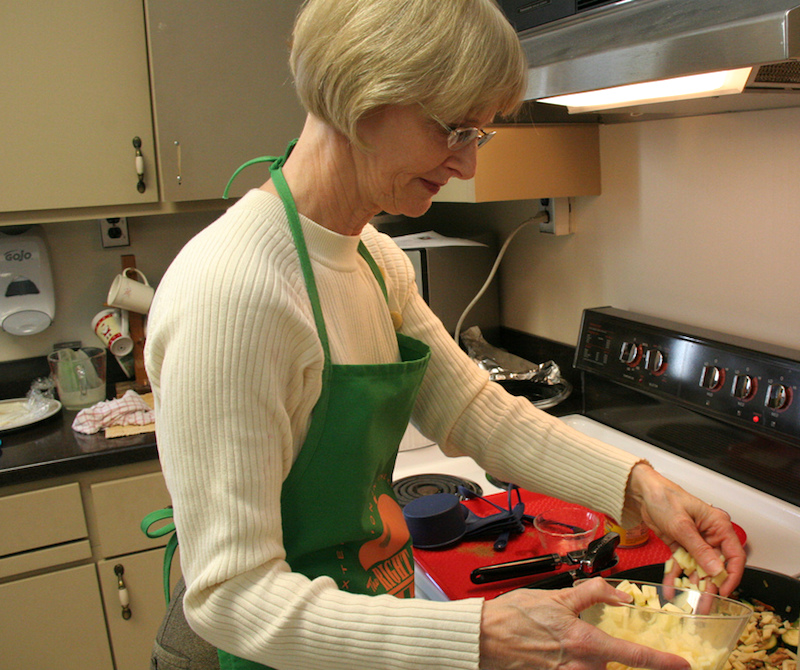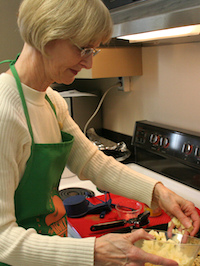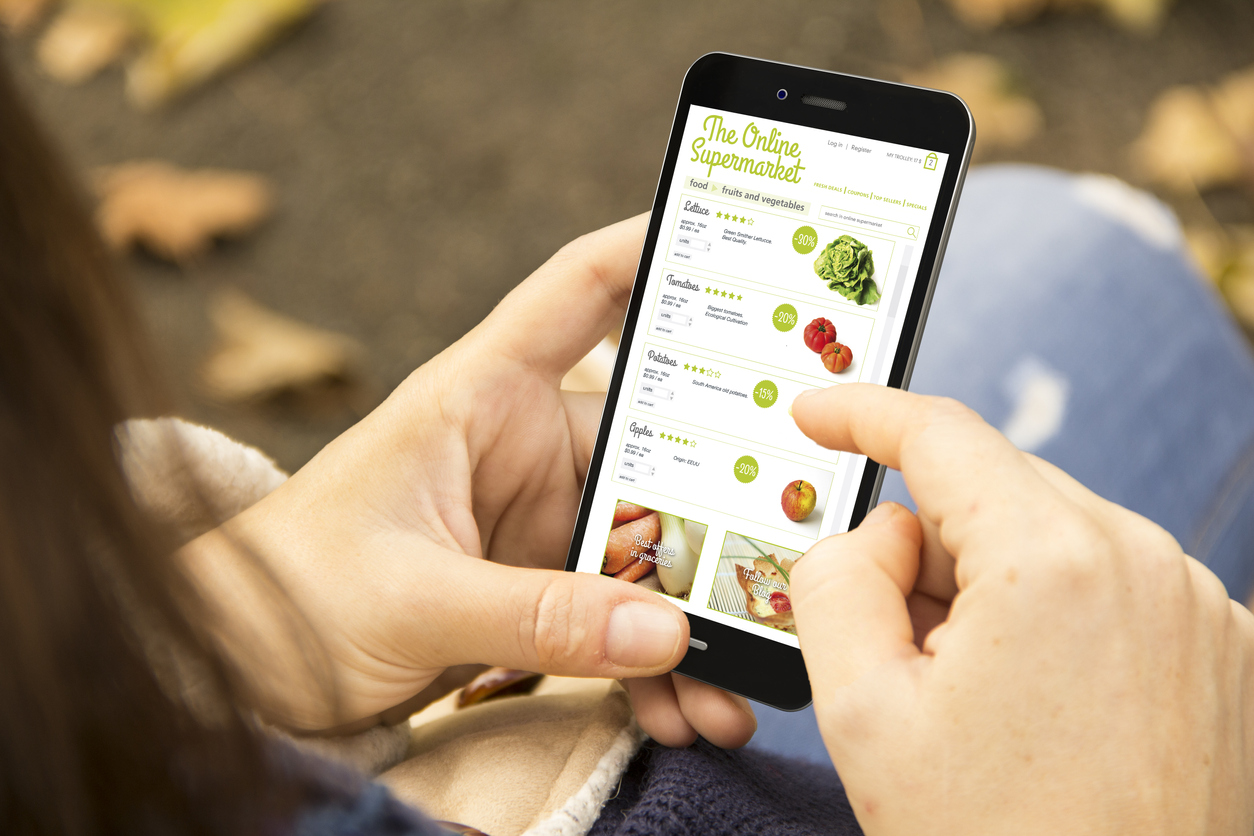Eating alone and cooking for one can be challenging. Most recipes and food products are meant for more than one person. Despite one’s age or stage in life, from being off at college for the first time, to a single professional, or a widower, at some point we may all encounter a situation where mealtime will require us to dine solo.
Eating should always be a pleasurable experience. Often those who dine alone do not take the time to prepare nourishing meals or make the area where they eat attractive. They may nibble on empty calorie snack foods or resort to take-out food. As a result, their health and pocketbooks may begin to suffer.
With some planning and a little help from University of Georgia Cooperative Extension, solo eaters can prepare healthy, delicious meals.
Most people only think of the negative aspects of dining alone. However, there are many benefits to being alone at mealtime. One advantage is that you really can eat what you want when it suits you. You do not have to accommodate anyone else’s schedule or their likes and dislikes. Also, since you are alone, you may be able to afford to splurge on special food items or premium meats.
You also can eat at a leisurely pace in a nice environment. Eat on your deck or patio in the spring or in your dining room with your meal served on special china. Why not use your crystal and china instead of keeping it packed up to collect dust? Add to the ambiance by playing music and remember to keep the TV turned off. Relax and really savor your meal.
Be creative with recipes. Determine which ones can be made and then stored for later use, and which ones can be cut down, so you only prepare one to two servings. Some recipes do not result in the same quality when ingredients are cut — experimentation is key. Do not be tempted to overeat just because you made a large amount. Leftovers should not be kept in the refrigerator more than one to two days. Most food in the freezer can last several months if properly stored below 0 degrees Fahrenheit.
Planning is imperative whether you are alone or cooking for a family of eight. You will get more variety and flavor in your meals if you write down menus for the whole week. Plan for several weeks and make some dishes in larger quantities that can be divided and frozen for later use.
Write down what you would like for breakfast, lunch and dinner each day. Once you have several weeks of menus planned, you can reuse and remaster them. Look in your cabinets, pantry and refrigerator to see what ingredients you will need to buy. Make a list according to how the grocery store is laid out and do not shop when you are hungry. Following this plan will save you money and time.
Eating alone can be pleasant if you treat yourself like company. Make mealtime special by planning your menus carefully, shopping wisely and storing your food properly. Once you get into the habit of eating well, you will find that dining alone can be relaxing and enjoyable.
For more information on food, health and nutrition, read the UGA Extension Circular 1037-04 “Eating a Variety of Foods is Healthy!” which can be found at extension.uga.edu/publications.








.png)